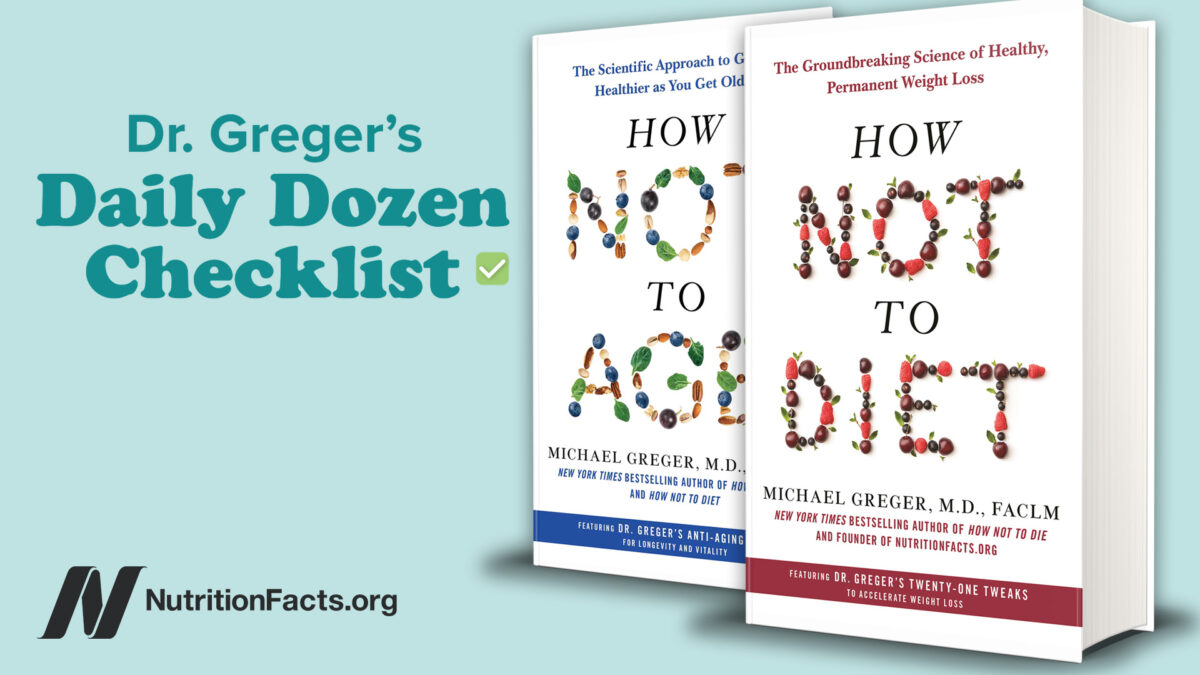
Weight Loss
How to achieve weight loss healthily. Learn more in our easy-to-understand videos on the latest research.
The largest study ever to compare the obesity rates of those eating plant-based diets was published in North America. Meat eaters topped the charts with an average body mass index (BMI) of 28.8—close to being obese. Flexitarians (people who ate meat more on a weekly basis rather than daily) did better at a BMI of 27.3, but were still overweight. With a BMI of 26.3, pesco-vegetarians (people who avoid all meat except fish) did better still. Even U.S. vegetarians tend to be marginally overweight, coming in at 25.7. The only dietary group found to be of ideal weight were those eating strictly plant-based (the “vegans”), whose BMI averaged 23.6.
People who had once eaten vegetarian diets but then started to consume meat at least once a week were found in one study to experience a 146 percent increase in odds of heart disease, a 152 percent increase in stroke, a 166 percent increase in diabetes, and a 231 percent increase in odds for weight gain.
But vegetarians may suffer high rates of chronic disease if they eat a lot of processed foods. Take India, for example, where rates of diabetes, heart disease, obesity, and stroke have increased far faster than might have been expected given its relatively small increase in per-capita meat consumption. This has been blamed in part on the apparent shift from brown rice to white and substitution of other refined carbohydrates, packaged snacks, and fast-food products for India’s traditional staples of lentils, fruits, vegetables, whole grains, nuts, and seeds.
The dividing line between weight loss-promoting, health-promoting, and disease-promoting foods may be less plant- versus animal-sourced foods and more whole plant foods versus most everything else.
A dietary quality index was developed that simply reflects the percentage of calories people derive from nutrient-rich, unprocessed plant foods on a scale of 0 to 100. The higher the score, the more body fat may be lost over time and the lower the risk may be of abdominal obesity, high blood pressure, high cholesterol, and high triglycerides. The standard American diet was found to rate 11 out of 100. According to U.S. Department of Agriculture estimates, 32 percent of our calories comes from animal foods, 57 percent from processed plant foods, and only 11 percent from whole grains, beans, fruits, vegetables, and nuts. That means on a scale of one to ten, the American diet would rate about a one.
For more in-depth data on this topic, check out Dr. Greger’s book, How Not to Diet. It hones in on the optimal criteria to enable weight loss while considering how these foods actually affect our health and longevity.
For substantiation of any statements of fact from the peer-reviewed medical literature, please see the associated videos below.
Popular Videos for Weight Loss


The Secret to Weight Loss Through Exercise
Exercise ramps up appetite, helping to explain why calories burned don’t necessarily equal calories lost,...
The Exercise “Myth” for Weight Loss
Why is it so hard to outrun a bad diet?
Better to Exercise Before or After Meals for Weight Loss and Blood Sugar Control?
If people burn more fat on the days they exercise before eating, rather than afterwards,...
Is Swimming Good for Weight Loss?
Exercising in cool water or under cool conditions on land can lead to an increase...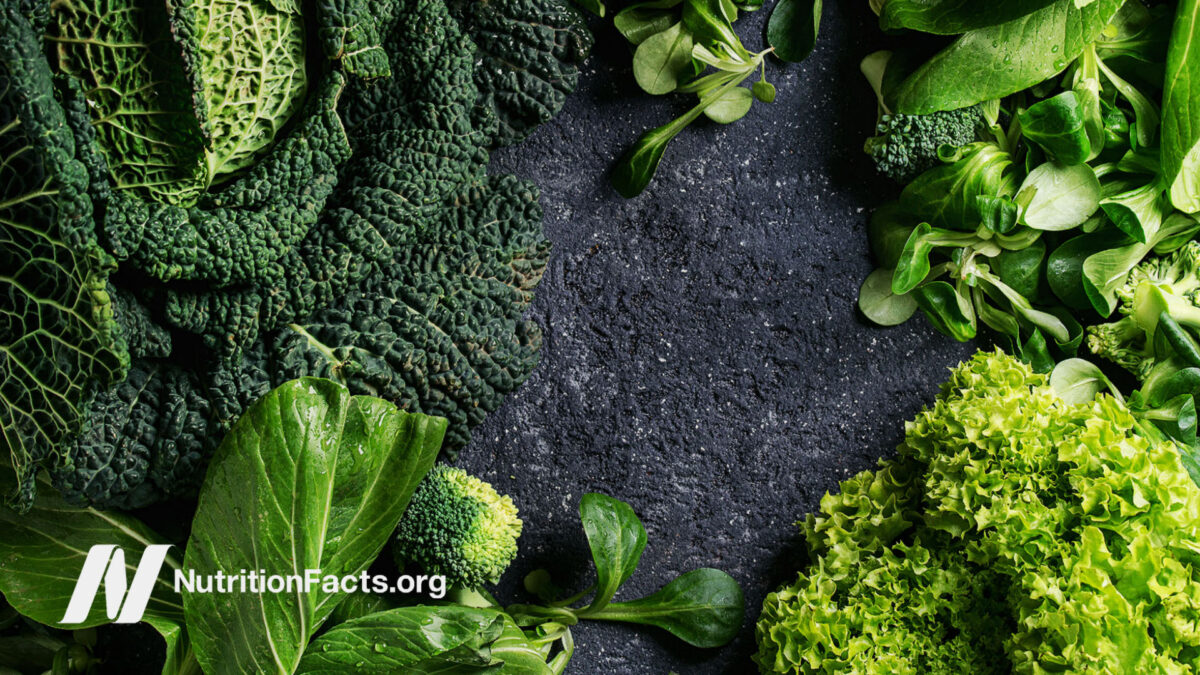
The Fat-Blocking and Appetite-Suppressing Effects of Thylakoids
What is a natural way to cut down on unhealthy food cravings?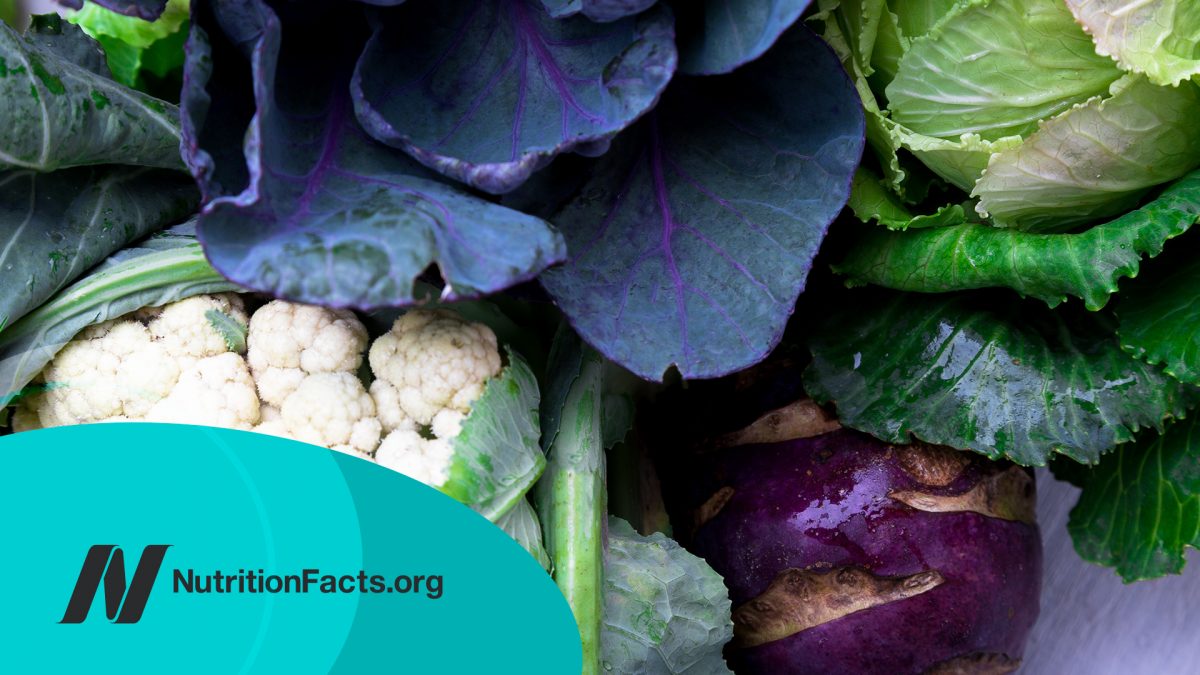
200-Pound Weight Loss Without Hunger
I dive into one of the most fascinating series of studies I’ve ever come across.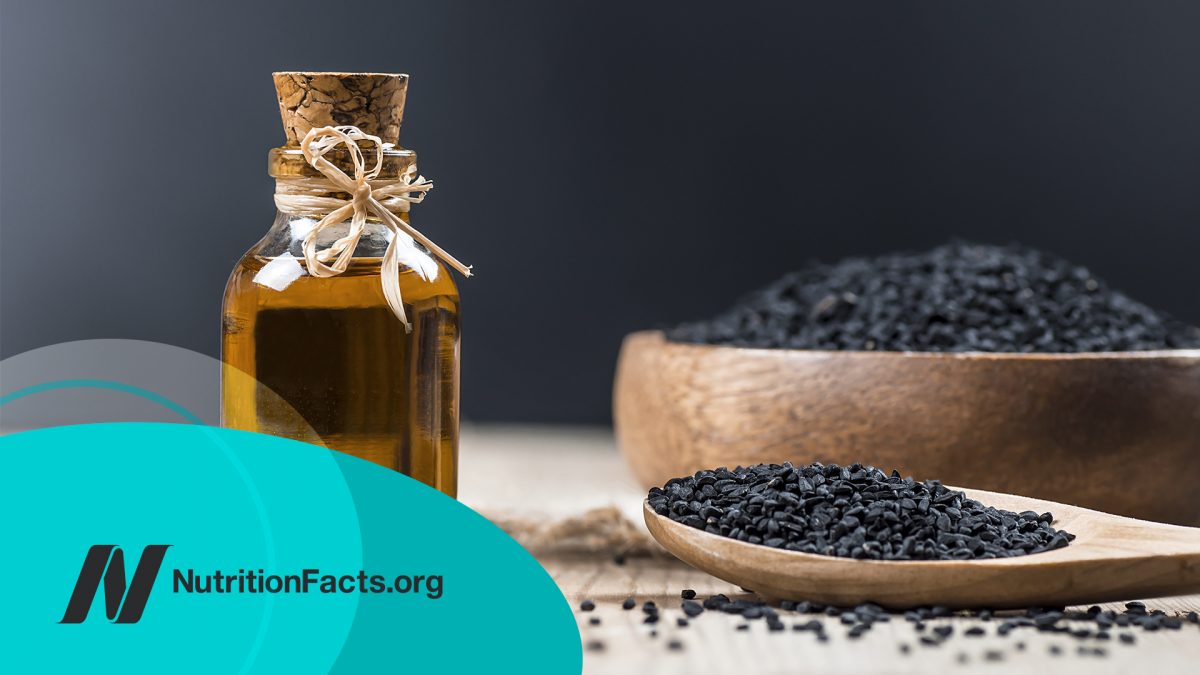
Benefits of Black Cumin Seed (Nigella Sativa) for Weight Loss
For three cents a day, black cumin may improve cholesterol and triglyceride levels, blood pressure,...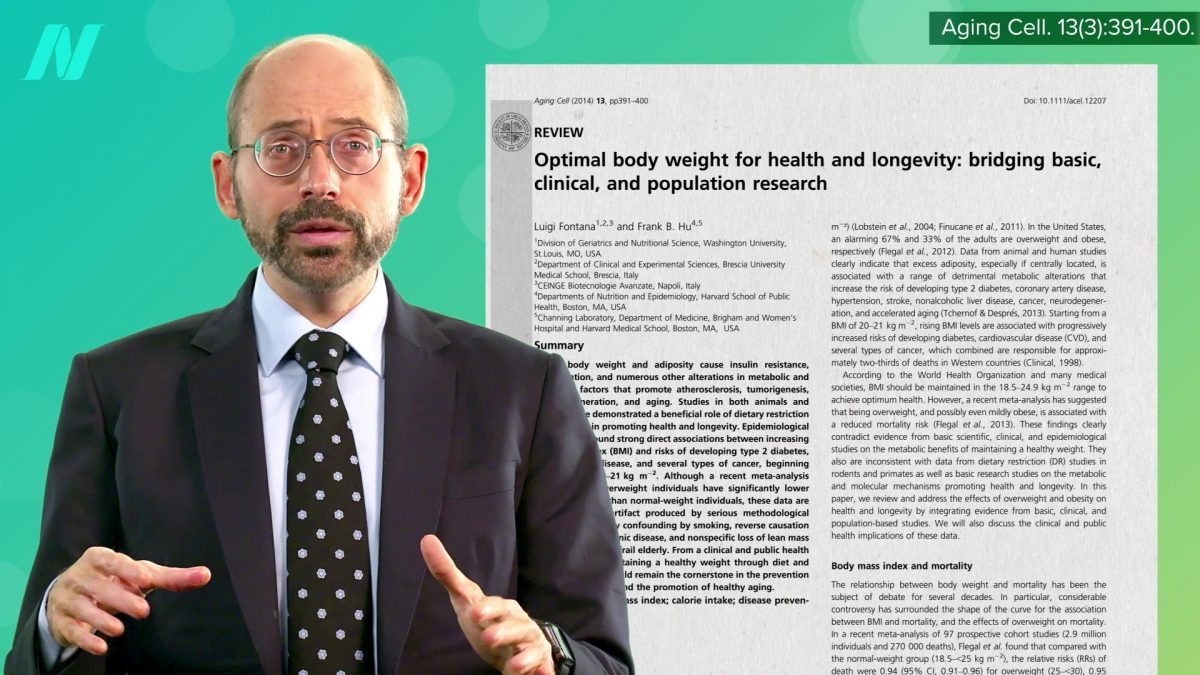
What’s the Ideal BMI?
Is there a unisex chart to see what your optimal weight might be based on...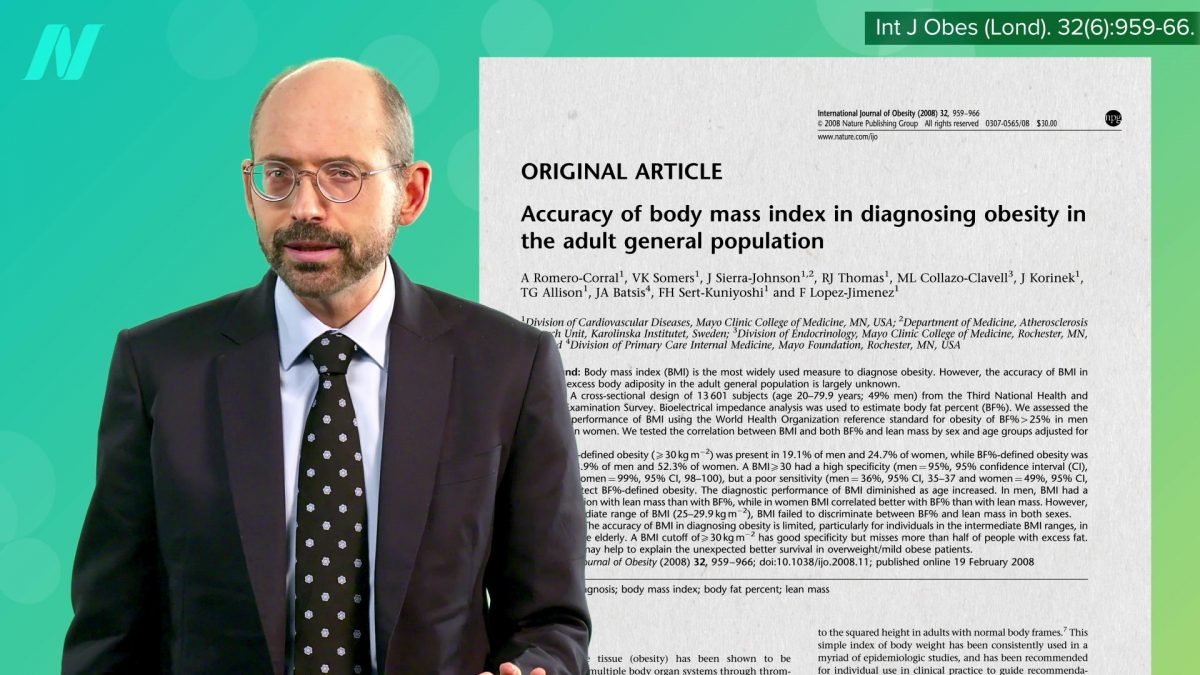
What’s the Ideal Waist Size?
Increased risk of metabolic complications starts at an abdominal circumference of 31.5 inches in women...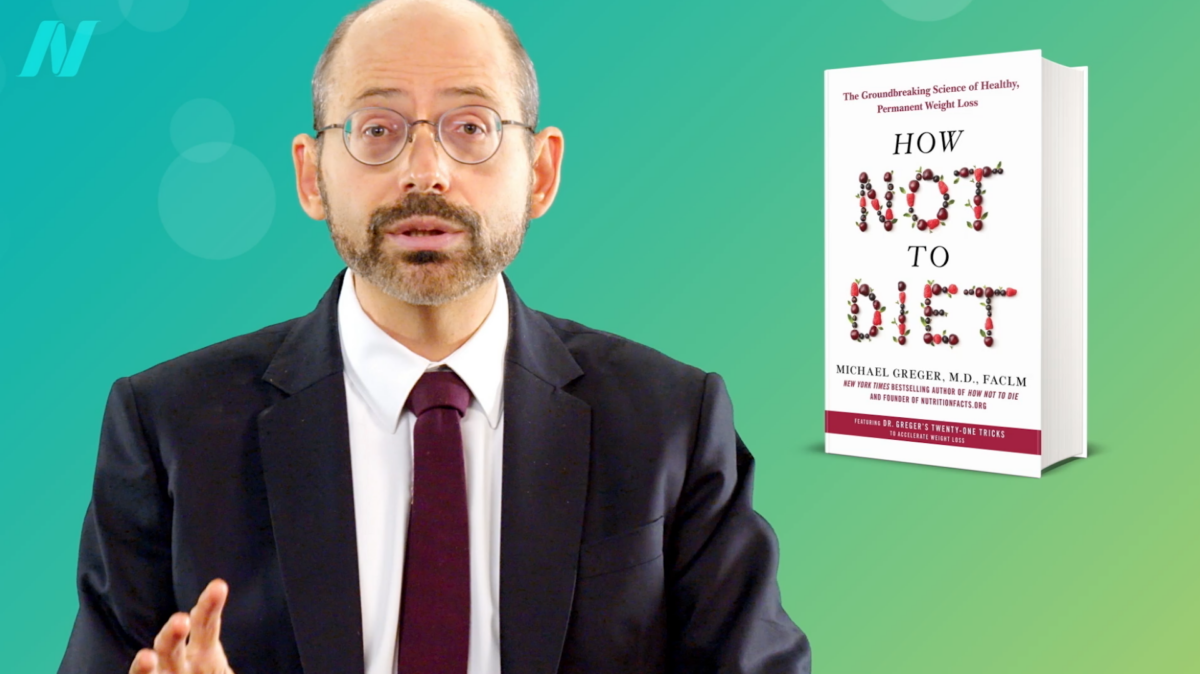
Optimizing Water Intake to Lose Weight
Two cups of cold water on an empty stomach a few times a day for...
What Is the Safest Metabolism Booster?
Drink two cups of water and you can get a surge of the adrenal hormone...
How to Get the Weight Loss Benefits of Ephedra Without the Risks
The diving reflex shows that it’s possible to have selective adrenal hormone effects.
The Best Diet for Weight Loss and Disease Prevention
The most effective diet for weight loss may also be the healthiest.
The Role of the Toxic Food Environment in the Obesity Epidemic
Implausible explanations for the obesity epidemic, such as sedentary lifestyles or lack of self-discipline, serve...
Cut the Calorie-Rich-And-Processed Foods
We have an uncanny ability to pick out the subtle distinctions in calorie density of...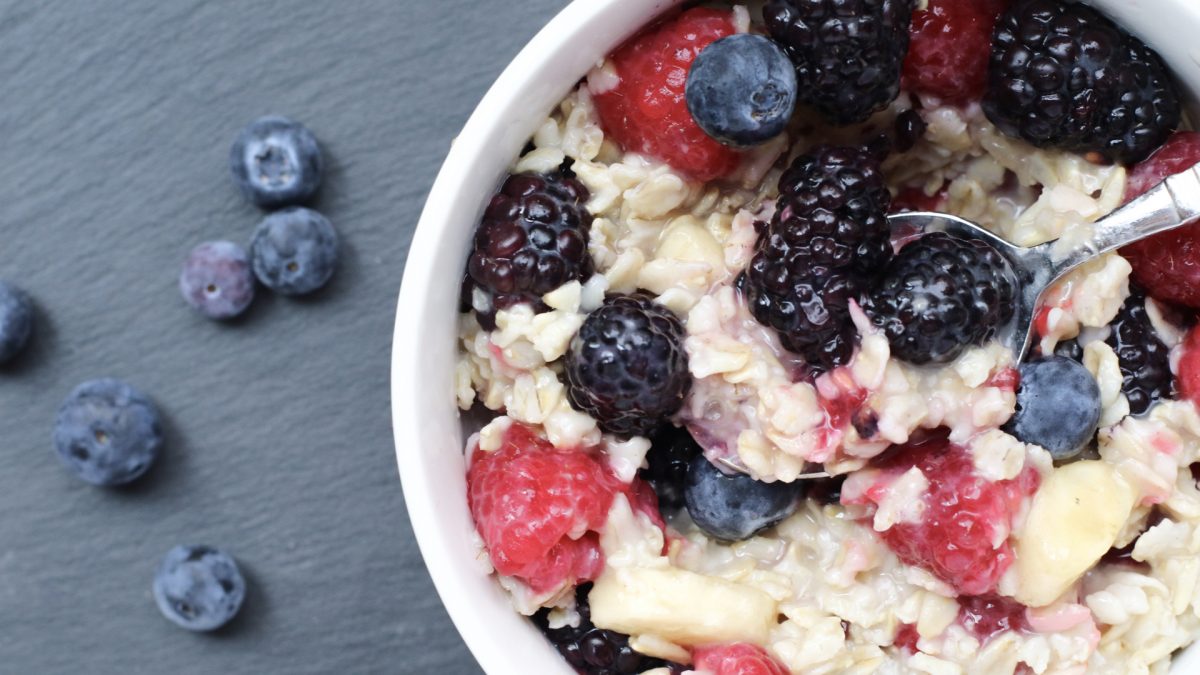
Eat More Calories in the Morning than the Evening
Why are calories eaten in the morning less fattening than calories eaten in the evening?
Breakfast Like a King, Lunch Like a Prince, Dinner Like a Pauper
Harness the power of your circadian rhythms for weight loss by making breakfast or lunch...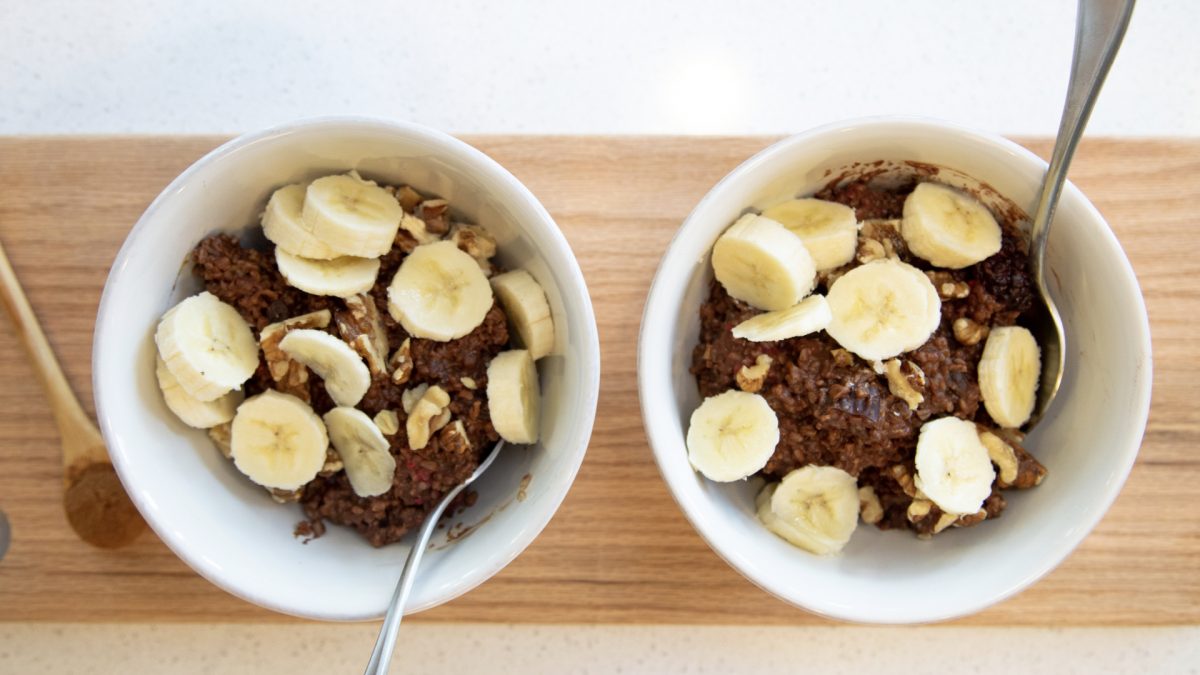
Eat More Calories in the Morning to Lose Weight
A calorie is not a calorie—it not only depends on what you eat, but when...
Is Skipping Breakfast Better for Weight Loss?
Breakthroughs in the field of chronobiology—the study of our circadian rhythms—help solve the mystery of...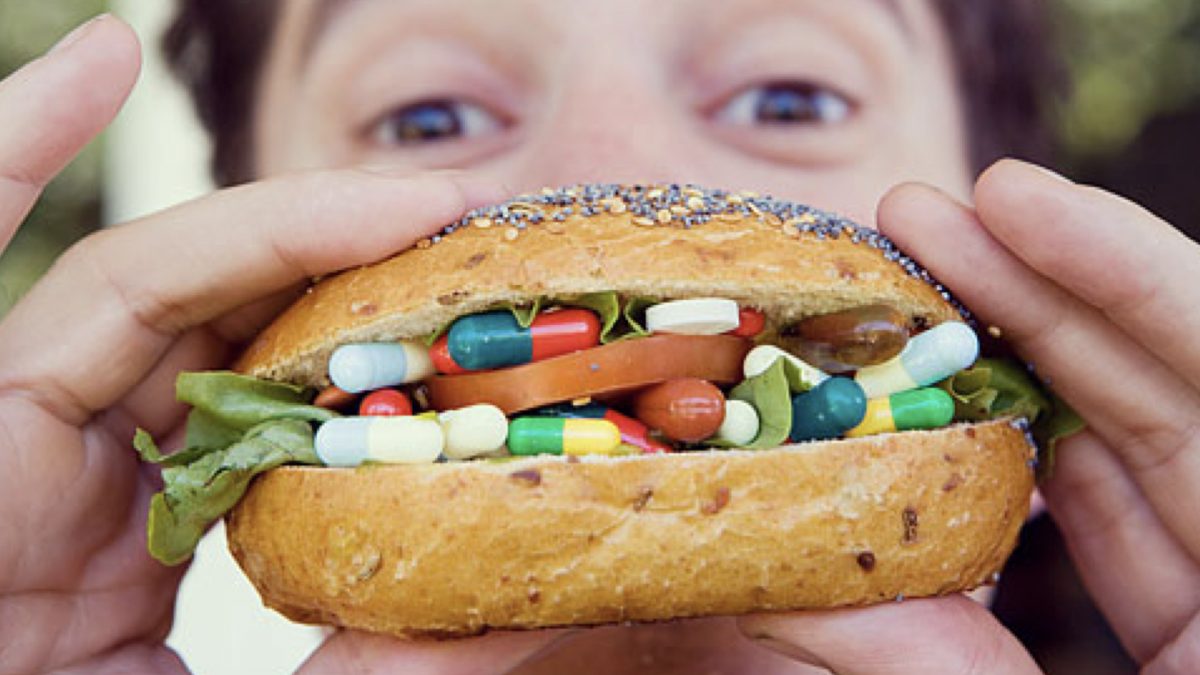
Are Weight-Loss Supplements Safe?
Only 2 out of 12 supplement companies were found to have products that were even...
Are Weight-Loss Supplements Effective?
Are there any safe and effective dietary supplements for weight loss?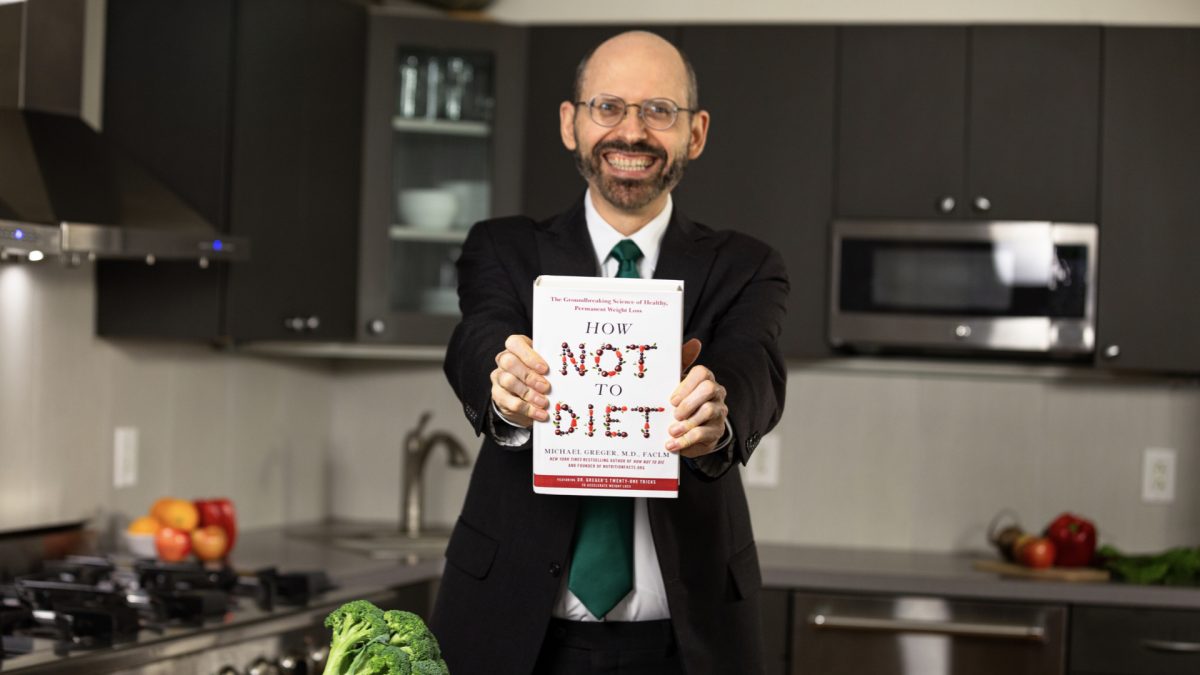
Trailer for How Not to Diet: Dr. Greger’s Guide to Weight Loss
17 ingredients to an ideal weight-loss diet and the 21 tweaks to accelerate the further...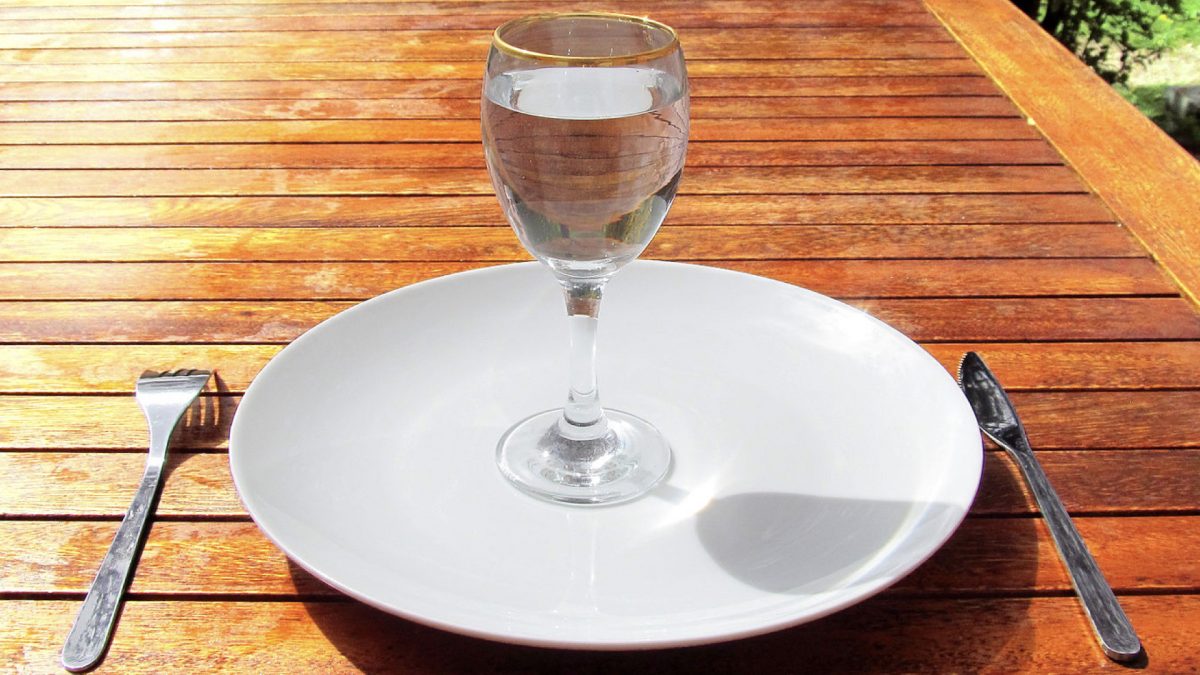
Is Fasting for Weight Loss Safe?
The reasons why fasting longer than 24 hours, and particularly three or more days, should...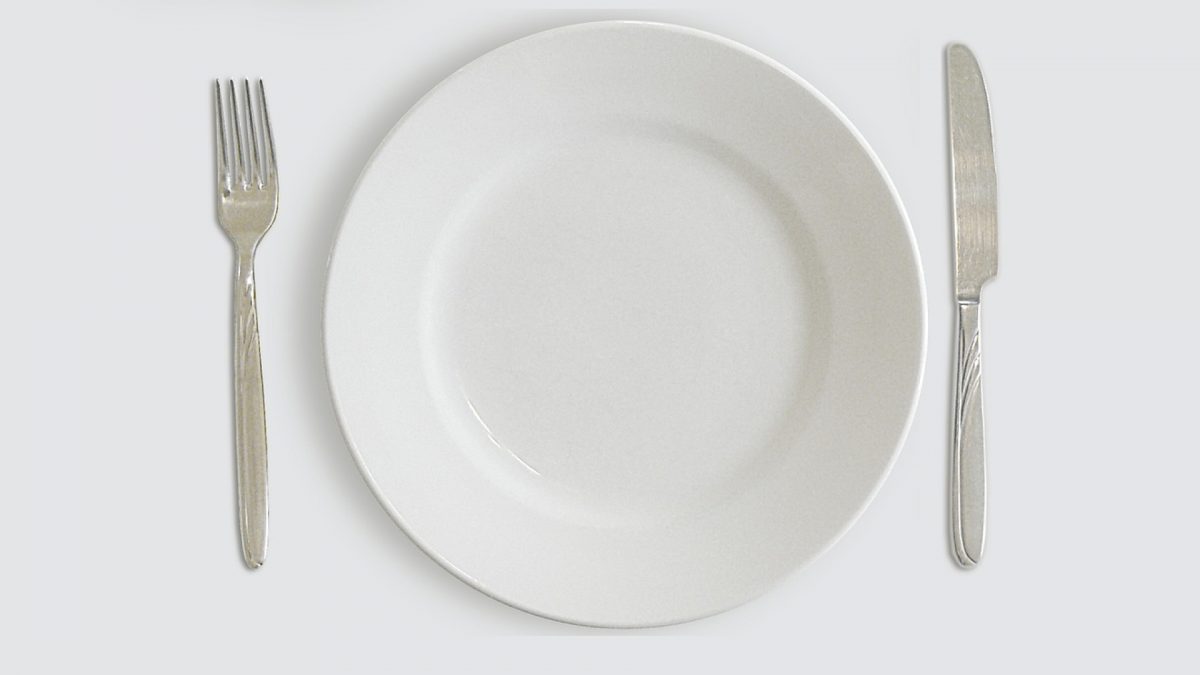
Is Fasting Beneficial for Weight Loss?
Fasting for a week or two is like the keto diet—it can actually slow body...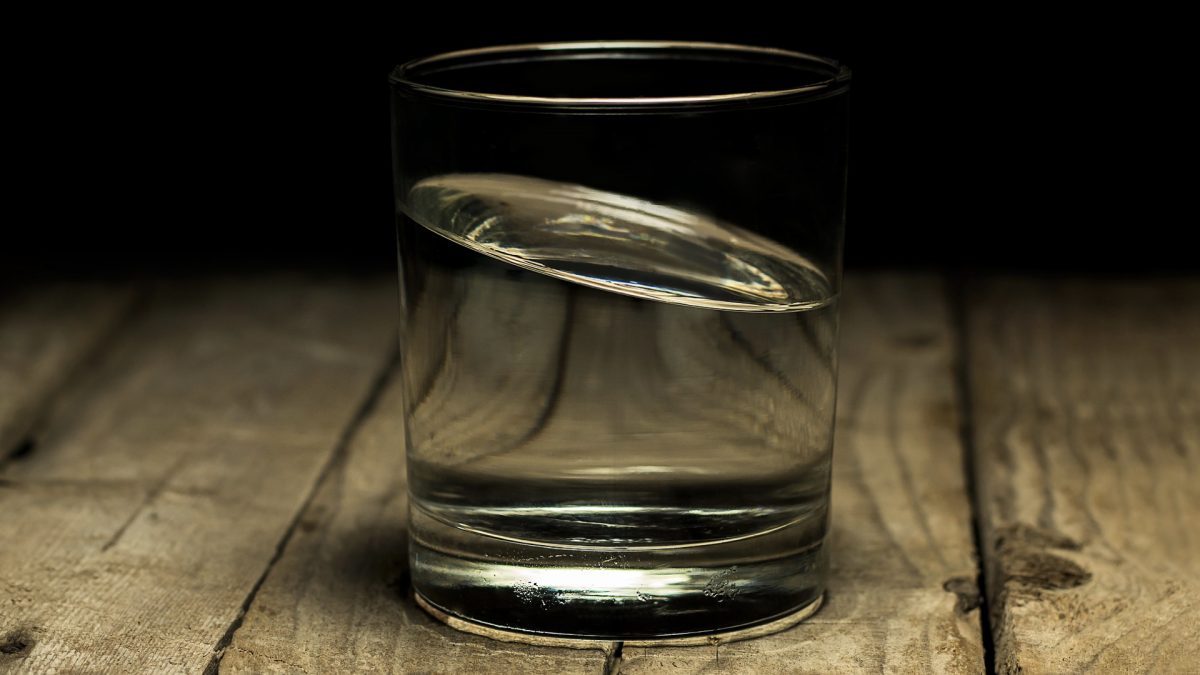
Benefits of Fasting for Weight Loss Put to the Test
For more than a century, fasting—up to 382 days without calories—has been used a weight-loss...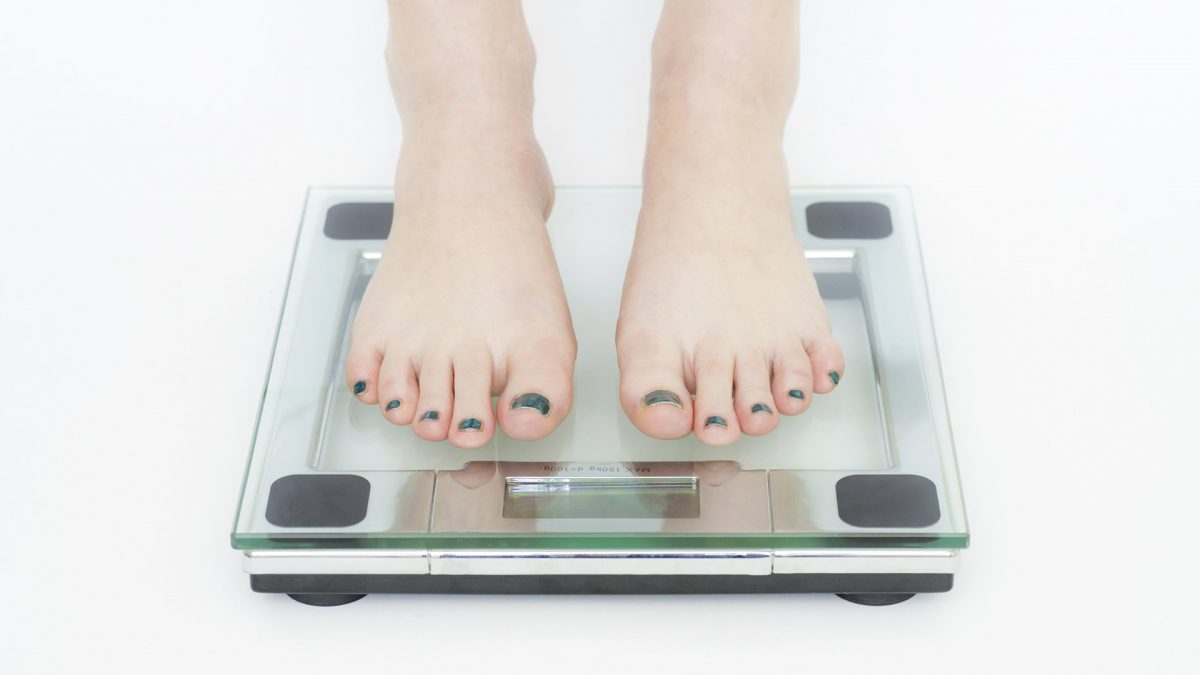
The 3,500 Calorie per Pound Rule Is Wrong
How many fewer calories do you have to eat every day to lose one pound...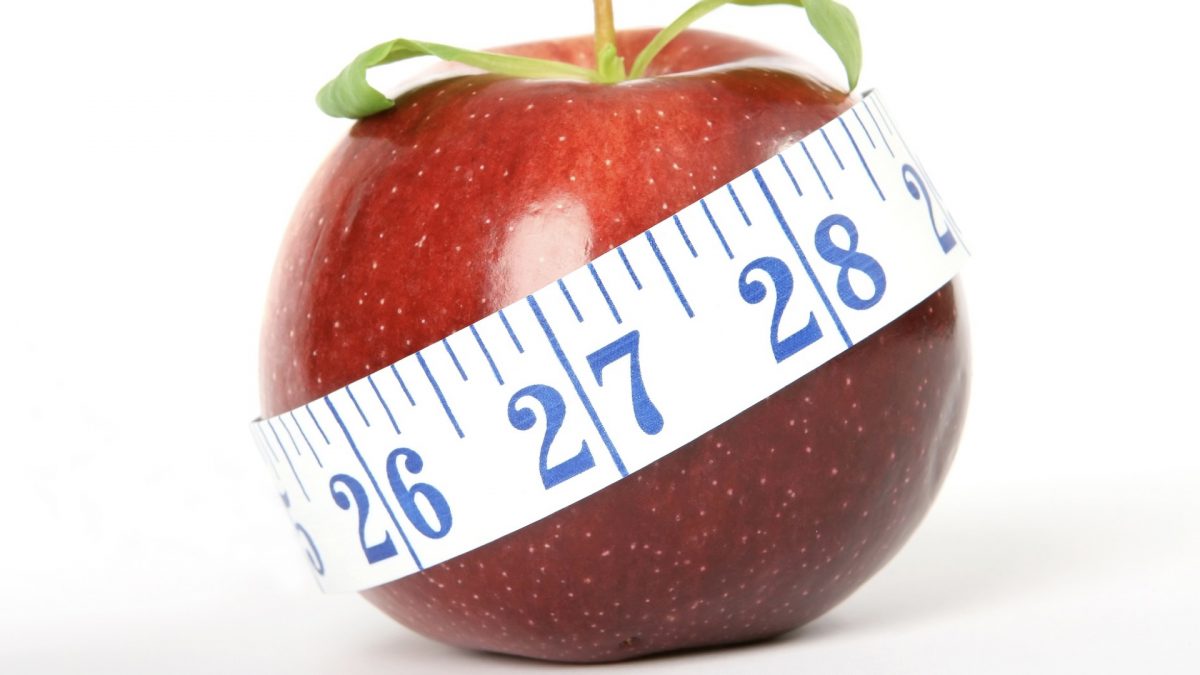
The Reason Weight Loss Plateaus When You Diet
Understanding the metabolic and behavioral adaptations that slow weight loss.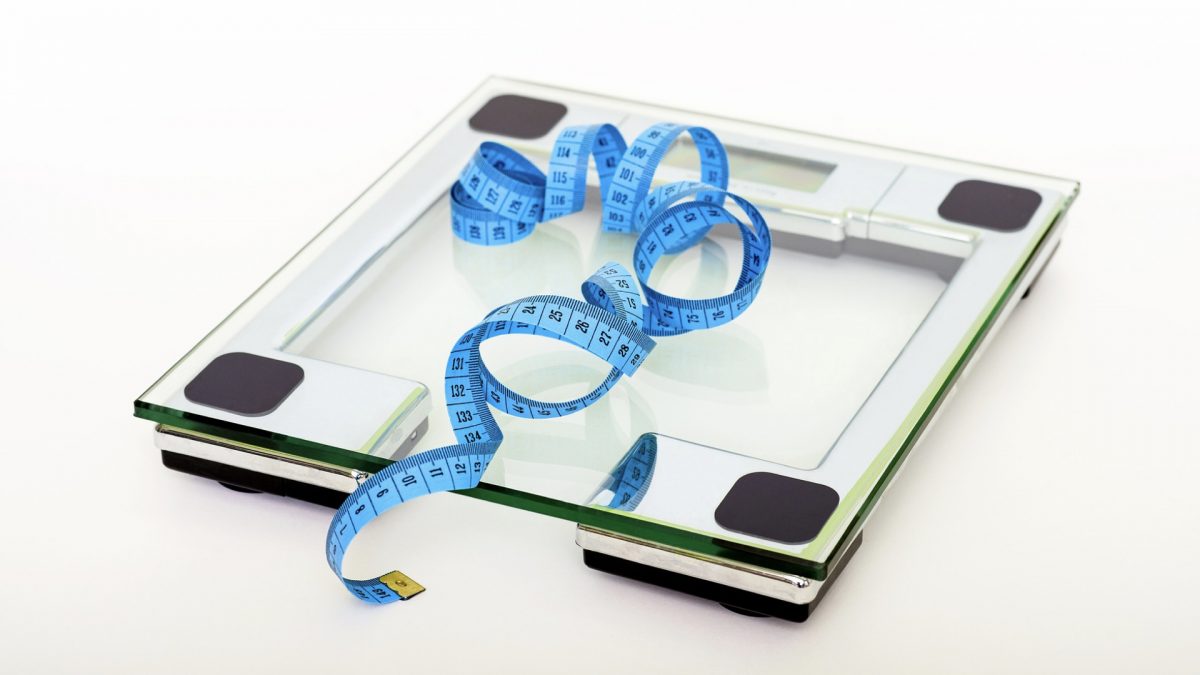
The New Calories per Pound of Weight Loss Rule
Losing a pound of fat can take as few as 10 calories a day or...
Is Weight Loss on Ketosis Sustainable?
Might the appetite-suppressing effects of ketosis improve dietary compliance?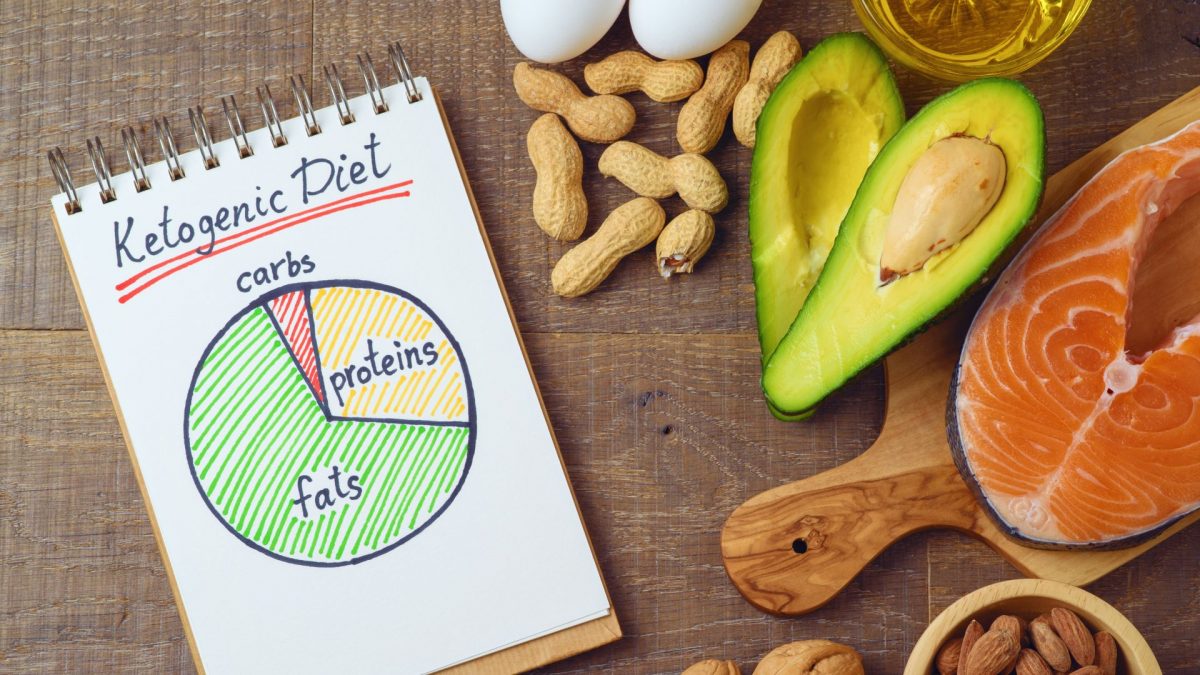
Are Keto Diets Safe?
The effects of ketogenic diets on nutrient sufficiency, gut flora, and heart disease risk.
The Weight-Loss Program That Got Better with Time
The most well-published community-based lifestyle intervention in the medical literature is also one of the...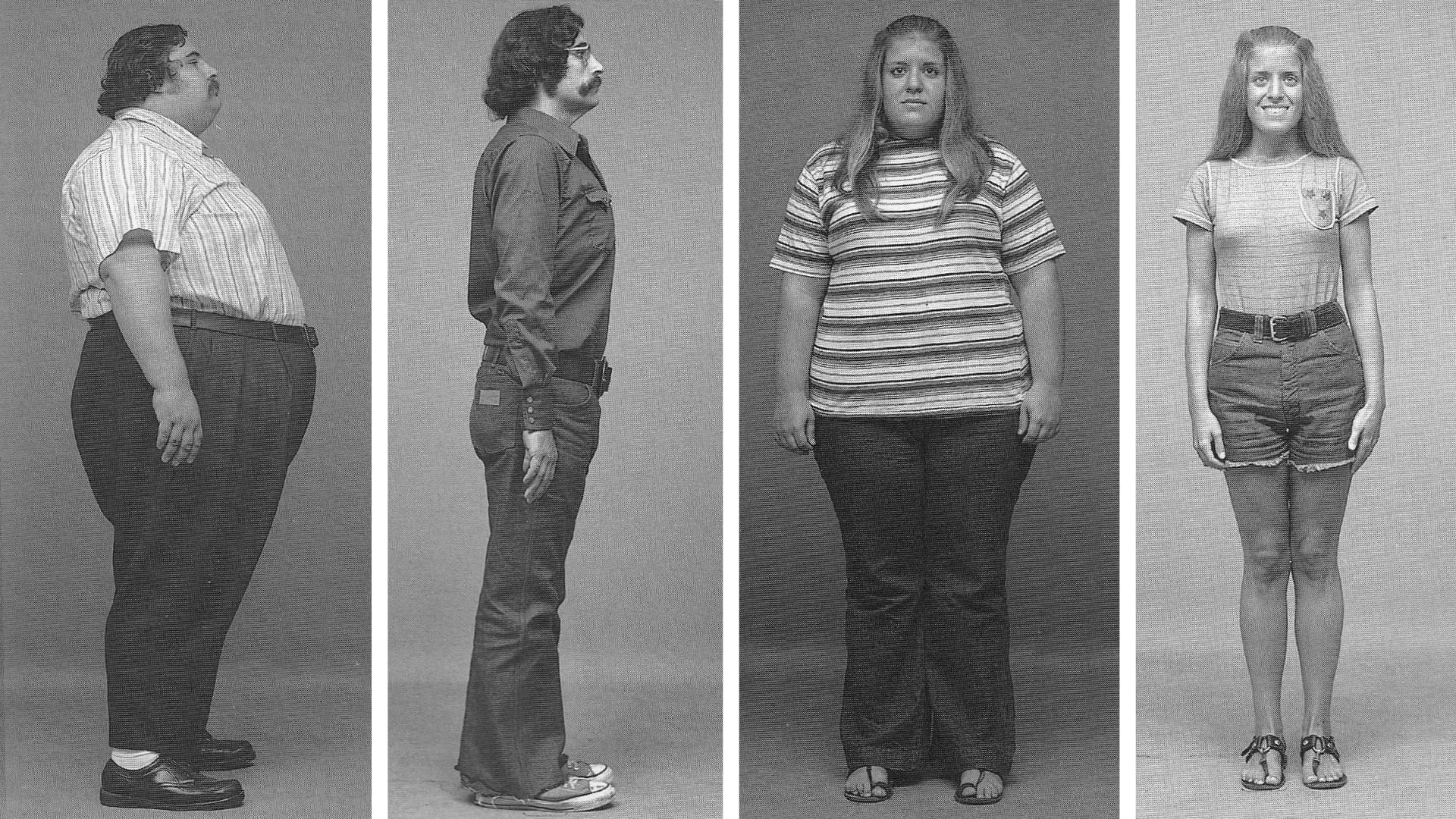
Can Morbid Obesity Be Reversed Through Diet?
How extreme was Dr. Kempner's rice diet compared to traditional surgical approaches? Is there a...
Eating More to Weigh Less
Energy density explains how a study can show participants lose an average of 17 pounds...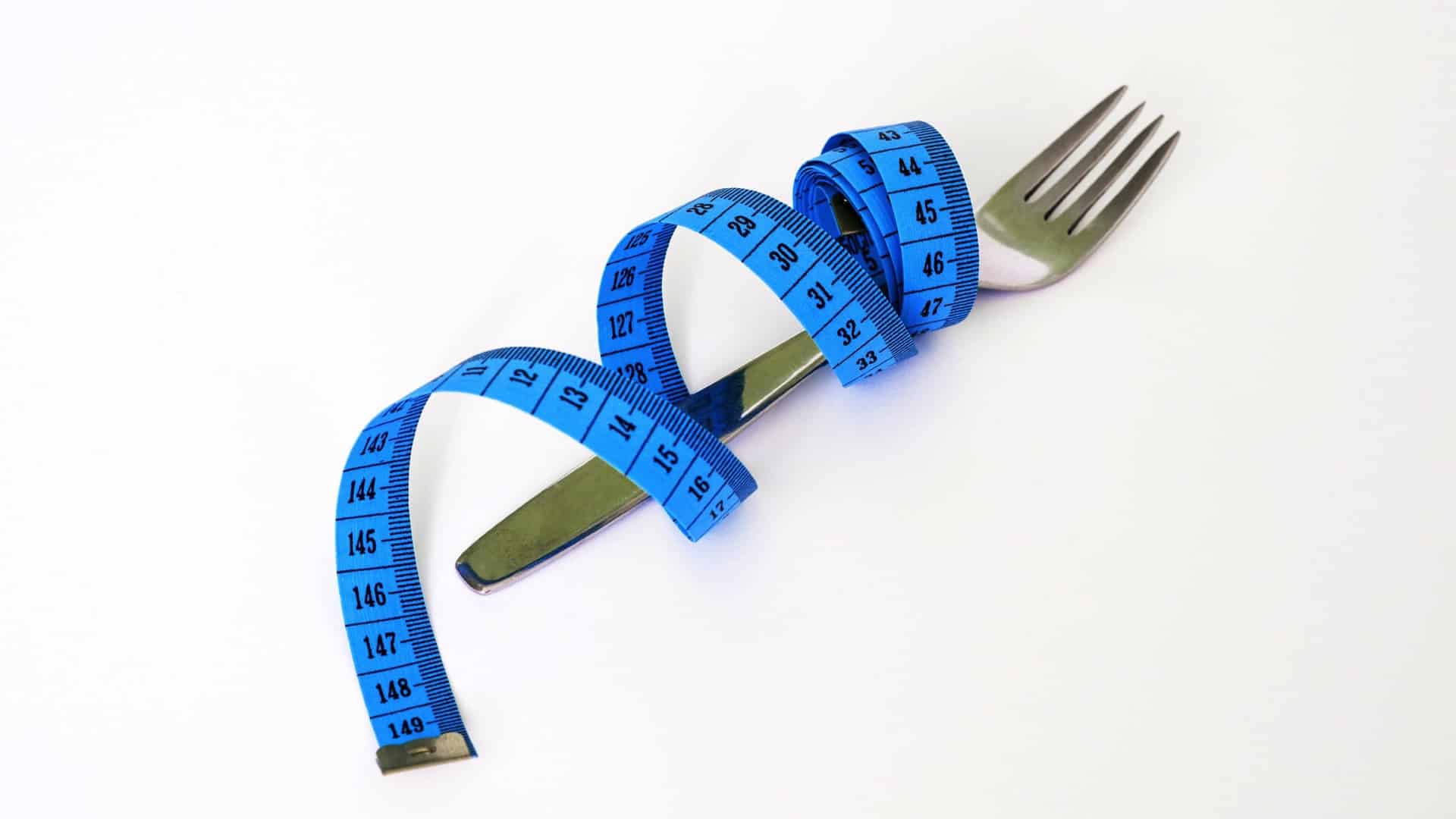
Are There Foods with Negative Calories?
Is it true there are foods like celery that take more calories to digest than...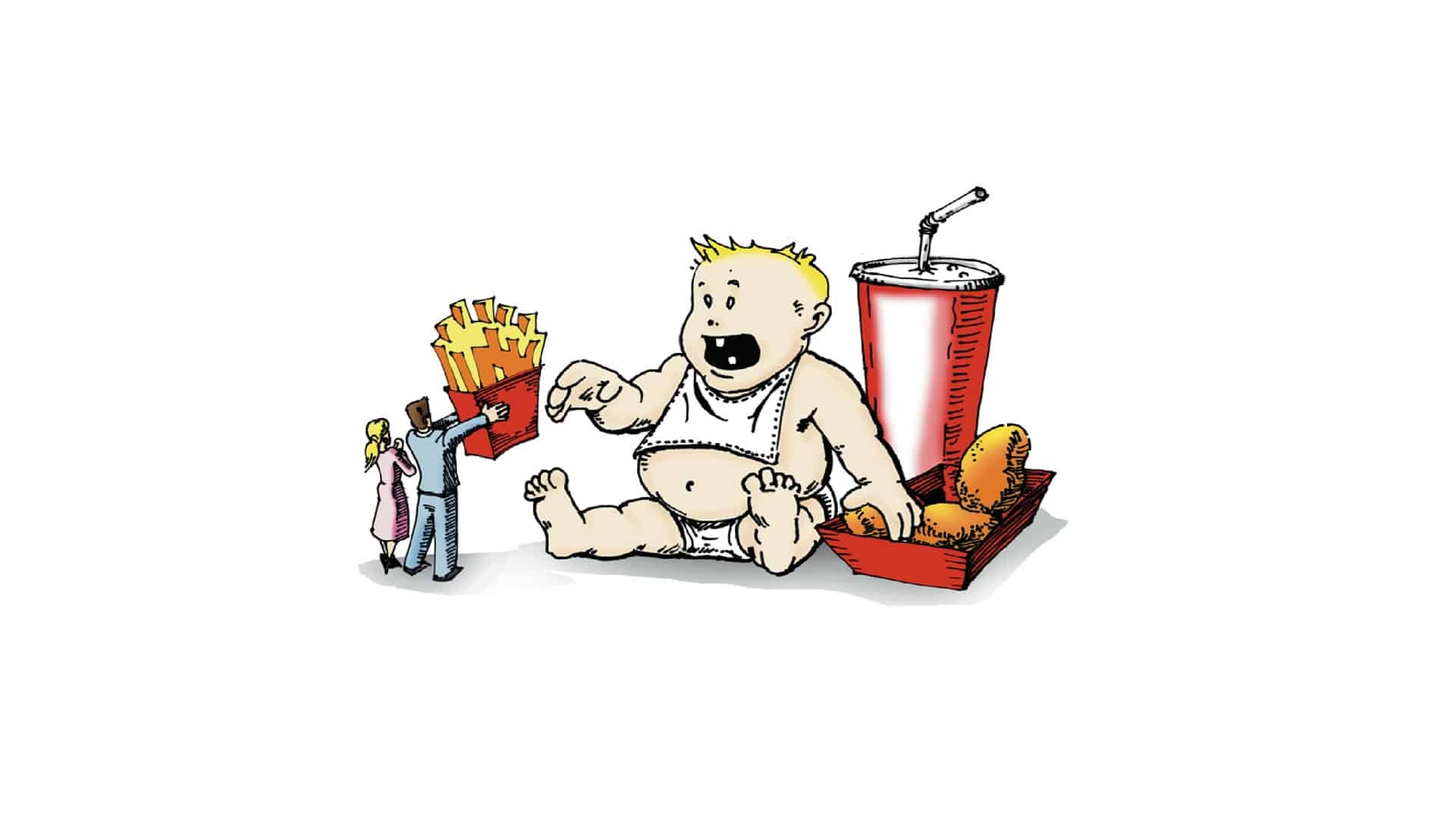
How to Prevent Prediabetes in Children
Prediabetes is a disease in and of itself, associated with early damage to the eyes,...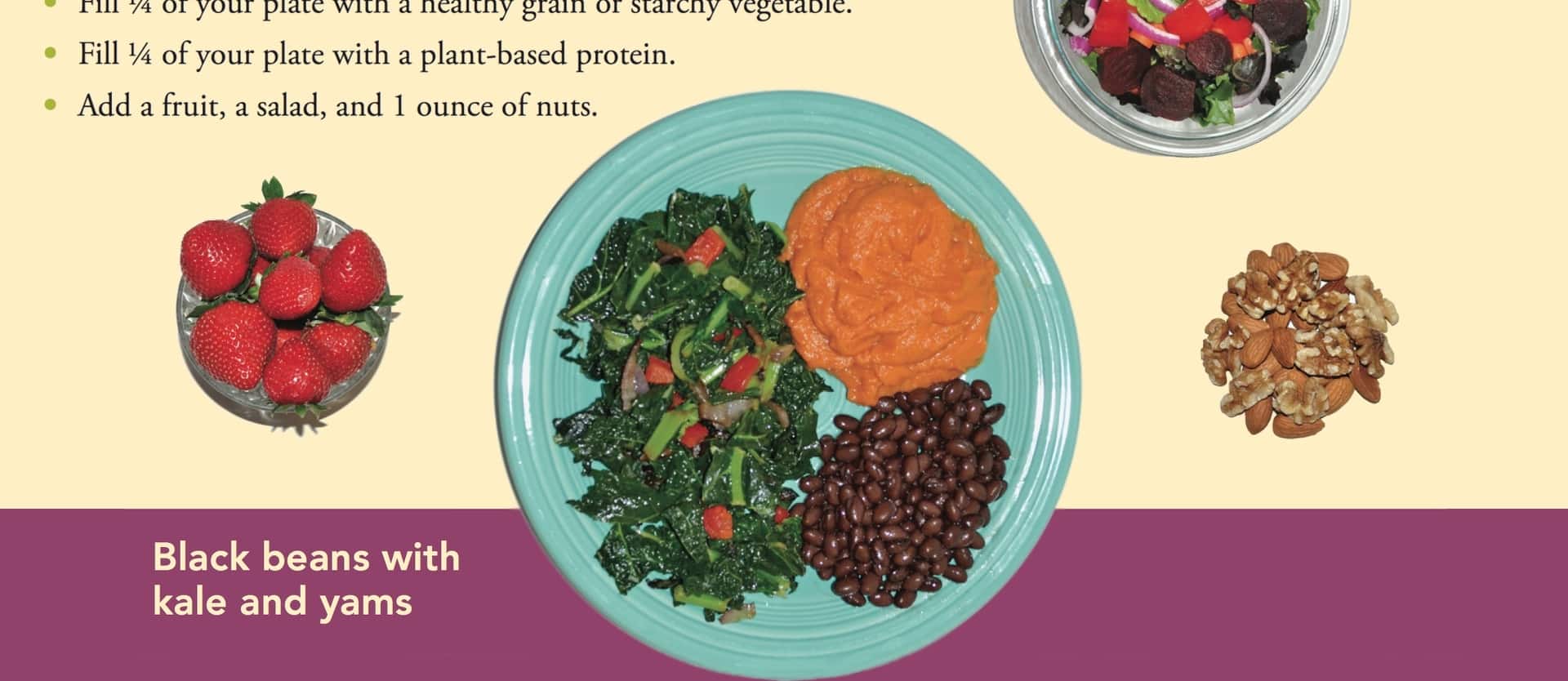
What Diet Should Physicians Recommend?
Kaiser Permanente, the largest U.S. managed care organization, publishes patient education materials to help make...
Nutrient-Dense Approach to Weight Management
Americans eating meat-free diets average higher intakes of nearly every nutrient, while maintaining a lower...
How Much Exercise to Sustain Weight Loss?
What role has inactivity played in the obesity epidemic and how much should we be...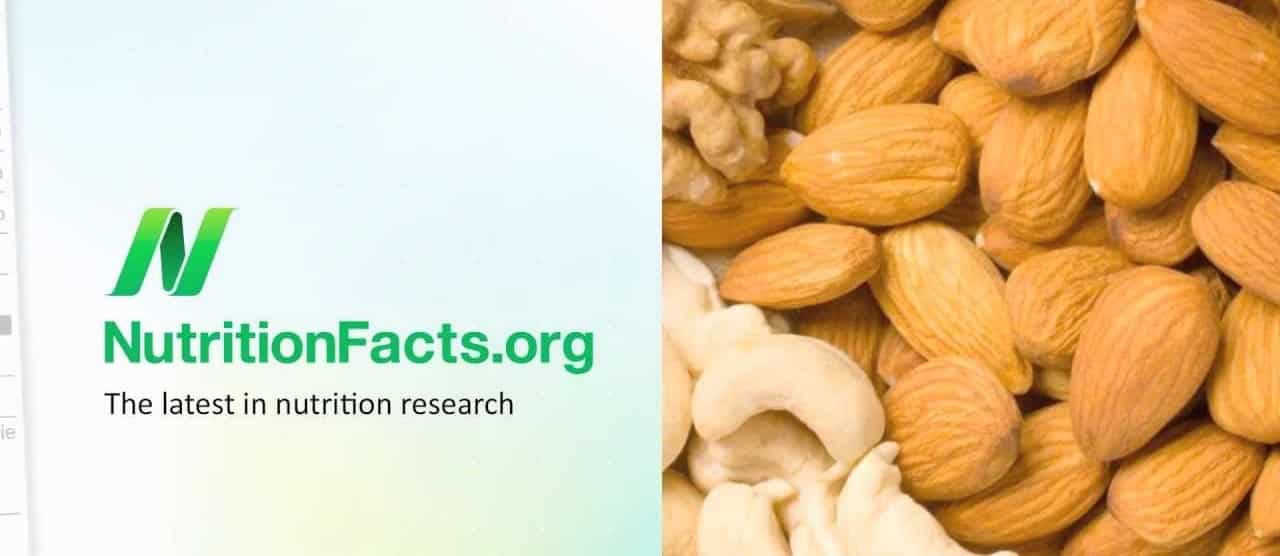
Nuts and Obesity: The Weight of Evidence
Nut consumption does not appear to lead to the expected weight gain.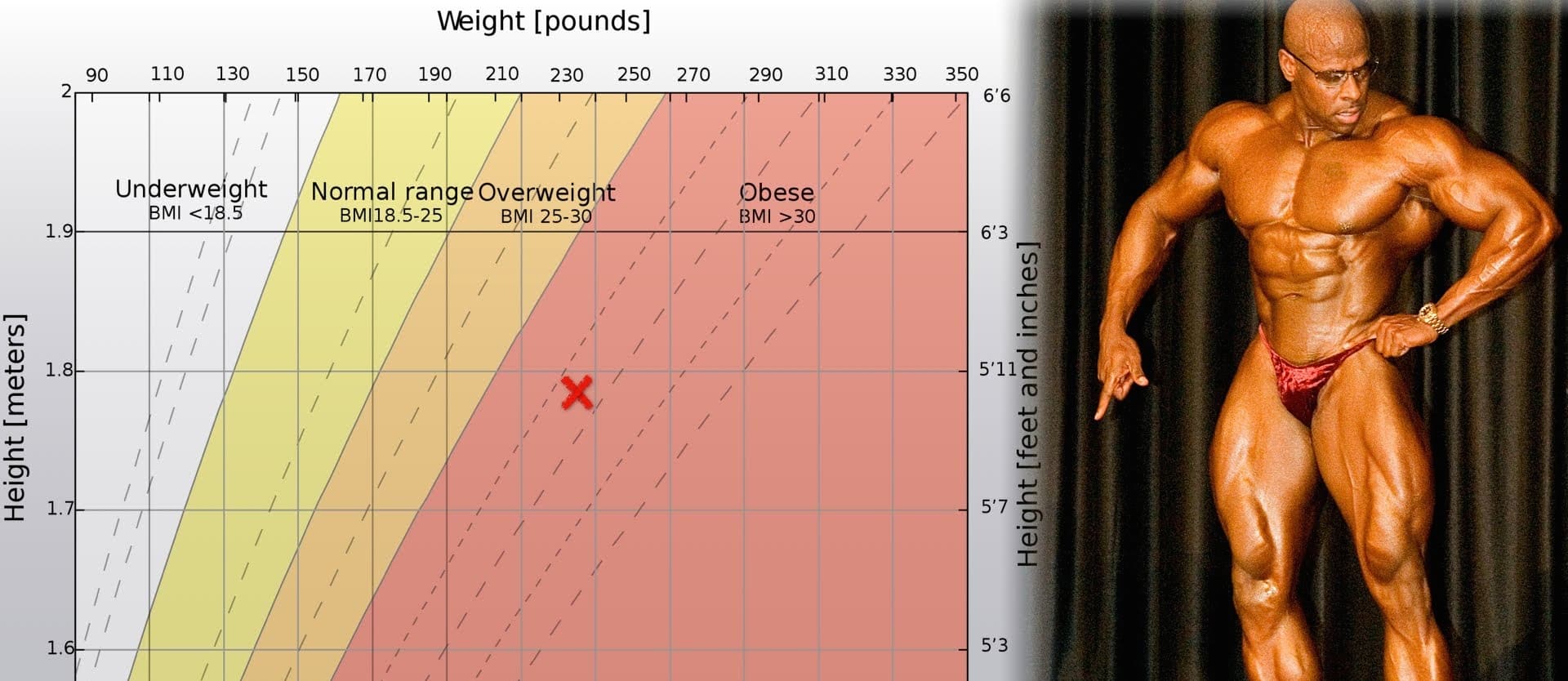
Waist Circumference Less than Half Your Height
Waist-to-height ratio may be a better predictor of disease than body mass index.All Videos for Weight Loss
-

Obesity: Is a GLP-1 Deficiency Its Cause, and How to Treat It Without Ozempic and Other Drugs
What is a safer and cheaper way to lose weight than GLP-1 drugs?
-

Using Prebiotics, Intact Grains, Thylakoids, and Greens to Boost Our GLP-1 for Weight Loss
Boost our natural satiety hormone GLP-1 through out diet.
-

A Plant-Based Diet for Weight Loss: Boosting GLP-1 and Restoring Our Natural Satiety Circuit
Why does our natural GLP-1 satiety mechanism fail, and what can we do about it?
-

Natural Ozempic Alternatives: Boosting GLP-1 with Diet and Lifestyle
Certain spices and the quinine in tonic water can boost GLP-1, but at what cost?
-

Comparing the Benefits and Side Effects of Ozempic (Semaglutide)
Obesity can be so devastating to our health that the downsides of any effective drug would have to be significant to outweigh its weight-loss benefits.
-

Is Ozempic (Semaglutide) Safe? Does It Increase Cancer Risk?
How common are serious potential side effects of GLP-1 weight-loss drugs, such as suicide, pancreatitis, bowel obstruction, thyroid cancer, and pancreatic cancer?
-

How to Control the Side Effects (Including “Ozempic Face”) of GLP-1 Drugs
How might we mitigate the gastrointestinal and muscle loss side effects of GLP-1 weight-loss drugs?
-

Why Do Most Users Quit Ozempic and What Happens When You Stop?
Why does weight loss plateau on GLP-1 drugs, and why do most stop using them within just three months even if they can afford them?
-

GLP-1 Weight-Loss Drugs Like Ozempic (Semaglutide): How Do They Work? Are They Effective?
What is the hormone GLP-1, what separates GLP-1 mimics from previous weight-loss drugs, and how much weight may be lost before weight loss plateaus?
-

Daily Dozen Diet Put to the Test for Weight Loss
What did a pilot study on How Not to Die’s Daily Dozen and How Not to Diet’s 21 Tweaks find?
-

Regulators Put the Squeeze on Juice Plus+
The Better Business Bureau and Federal Trade Commission explore the claims of Juice Plus+, a multi-level marketing company.
-

The Risks and Benefits of Mild Trendelenburg Position to Reduce Body Fat
Other than a “space headache,” what might be the downsides of sleeping at a slight head-down tilt to accelerate fat loss?
-

How Much Water Should You Drink Every Day to Lose Weight?
When we get dehydrated, the shrinkage of our blood volume can lead to the release of angiotensin, which can lead to weight gain.
-

Does Drinking More Water Help You Lose Weight?
Those who stay hydrated tend to maintain a healthier body weight, but is it cause and effect?
-

How Much Exercise Does It Take to Improve Aging Cognitive Function?
If the relationship between exercise and dementia prevention is cause-and-effect, as much as 20 percent of Alzheimer’s disease may be attributable to physical inactivity.
-

How to Preserve Your Sense of Smell
Loss of sense of smell can have serious consequences.
-

The Secret to Weight Loss Through Exercise
Exercise ramps up appetite, helping to explain why calories burned don’t necessarily equal calories lost, so how can we lose weight through physical activity?
-

The Exercise “Myth” for Weight Loss
Why is it so hard to outrun a bad diet?
-

How Much Licorice Is Safe?
Eating licorice or drinking licorice tea can cause the loss of body fat by blocking the effects of a stress hormone, but at what cost?
-

Diet and Caloric Restriction for Longevity—The Monkey Trials
How can we make sense of the disparate results from the four primate studies on caloric restriction and lifespan?
-

Acid Reflux Medicine May Cause Osteoporosis
Stomach acid–blocking proton pump inhibitor drugs—PPIs with brand names like Prilosec, Prevacid, Nexium, Protonix, and AcipHex—appear to significantly increase the risk of bone fractures.
-

The Risks and Benefits of Mindfulness for Weight Loss
Contrary to popular perception, the evidence for even the most well-founded benefits of mindfulness meditation is not entirely conclusive.
-

Mindful Eating vs. Cognitive Defusion for Food Cravings
Of all the mindfulness skills, cognitive defusion appears to be the most effective, simple, and efficient approach to manage food cravings.
-

Which Foods Are the Most Anti-Angiogenic?
For cancer prevention, researchers suggest “constant consumption” of anti-angiogenic foods.
-

Targeting Angiogenesis to Lose Weight
Expanding body fat releases blood supply-generating factors that may end up hooking up tumors, too.
-

Are Beyond Meat Plant-Based Meat Alternatives Healthy?
The SWAP-MEAT study puts Beyond Meat products to the test.
-

Fecal Transplants for Aging and Weight Loss
Does poop from centenarians have anti-aging properties?
-

Fasting to Detox
How might we help flush the pollutants stored in our fat that come spilling out into our bloodstream during weight loss?
-

How Hot Peppers May Extend Your Life
Spice can hack your brain by making foods taste saltier.
-

Better to Exercise Before or After Meals for Weight Loss and Blood Sugar Control?
If people burn more fat on the days they exercise before eating, rather than afterwards, why doesn’t this translate into more weight loss?
-

The Best Time to Exercise for Weight Loss
Burn off significantly more body fat exercising before meals, rather than after them.
-

Improving VO2 Max: A Look at Vegetarian and Vegan Athletes
Plant-based diets improve the performance of athletes and nonathletes alike.
-

Fat-Blocking Benefits of Hibiscus Tea
What did a randomized, double-blind, placebo-controlled trial of hibiscus tea for weight loss find?
-

Plant-Based Diet for Treating and Reversing Stage 3 Kidney Disease
I share a touching story of the power of plant-based eating for chronic kidney failure.
-

A Case of Stage 3 Cancer Reversal with Fasting
I go over a case report of water-only fasting, followed by a whole food, plant-based diet for follicular lymphoma.
-

Is Swimming Good for Weight Loss?
Exercising in cool water or under cool conditions on land can lead to an increase in post-workout calorie intake.
-

The Impacts of Plant-Based Diets on Breast Cancer and Prostate Cancer
Why do people who eat more plants get less breast and prostate cancer?
-

Vinegar for Blood Sugar Control and Polycystic Ovary Syndrome (PCOS) Treatment
Apple cider vinegar may help with ovulatory function in those with PCOS.
-

Does Getting Enough Sleep Help You Lose Weight?
Even getting just one more hour of sleep a night may help with weight control.
-

Does Lack of Sleep Cause You to Gain Weight?
Those randomized to 8.5 hours of sleep a night lost significantly more body fat than those who got 5.5 hours.
